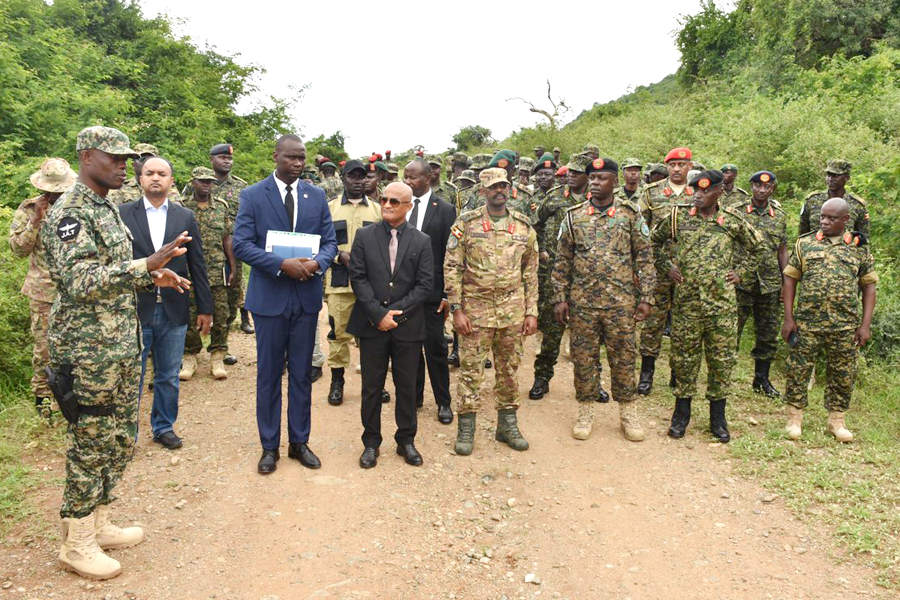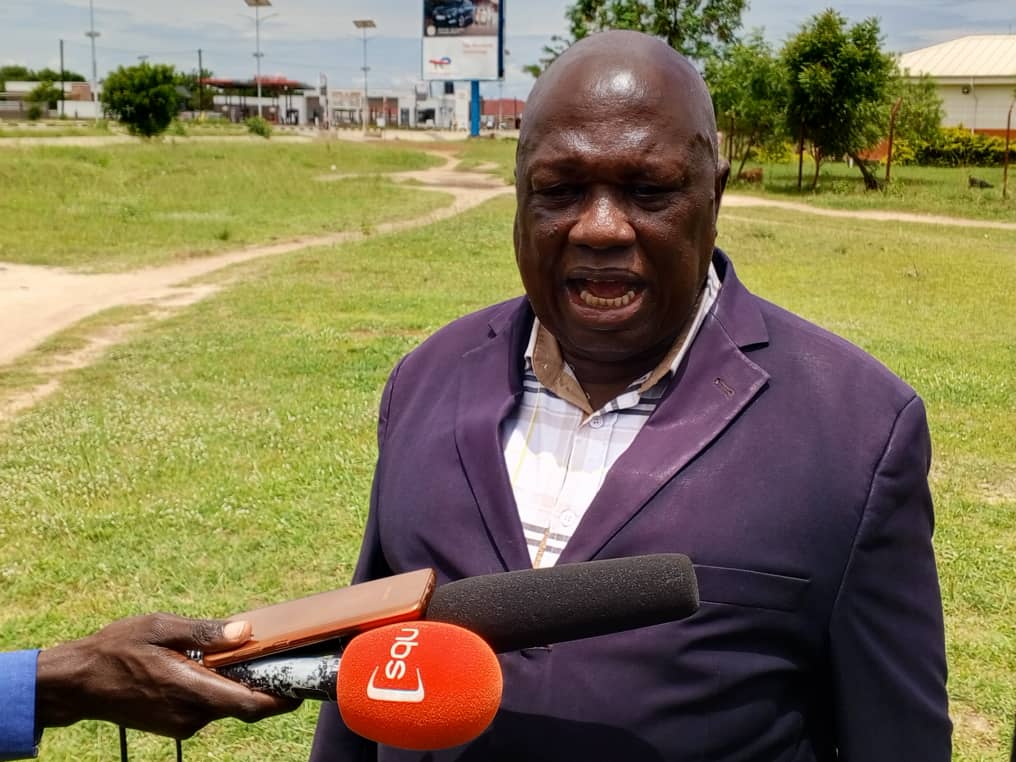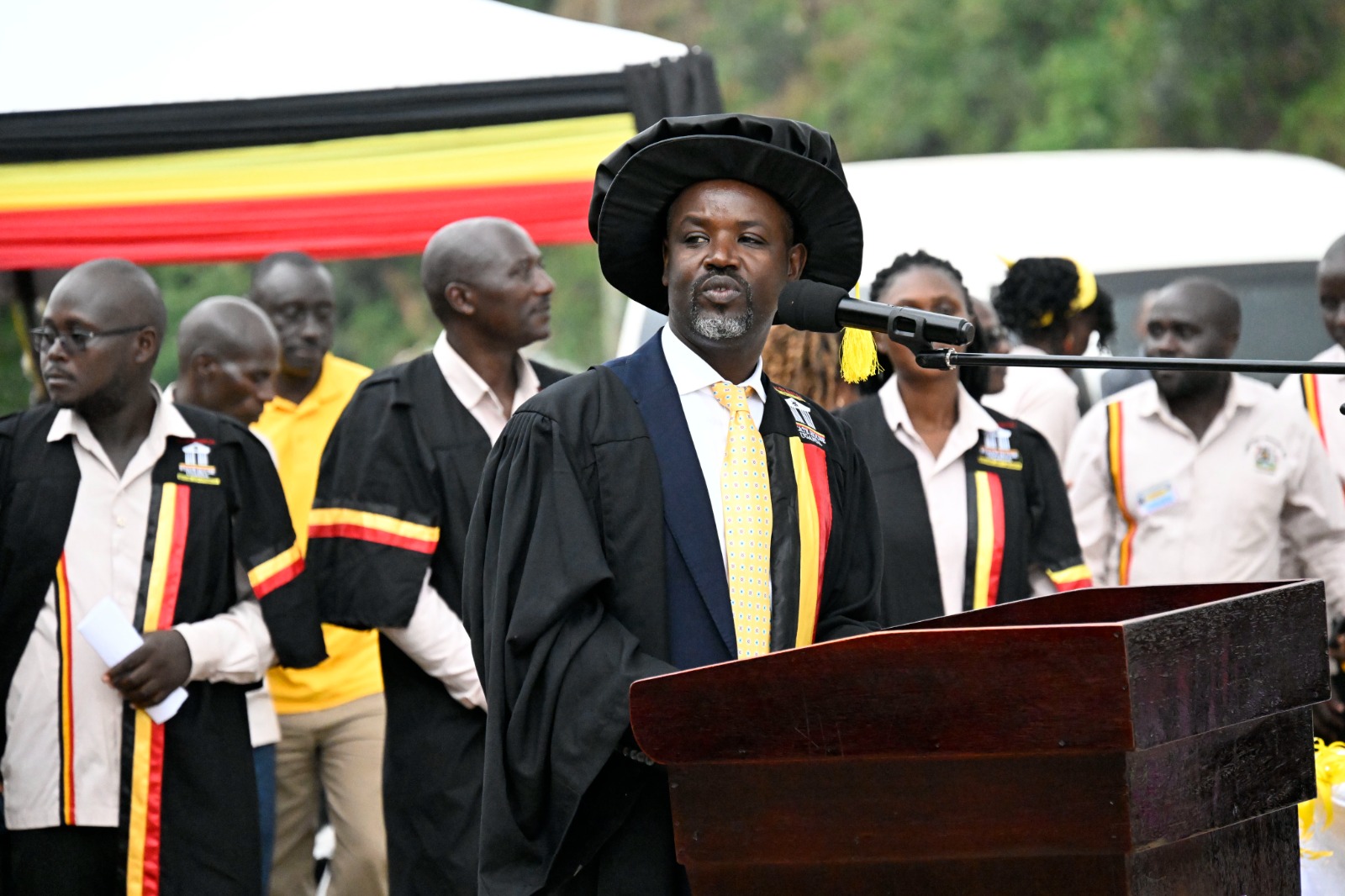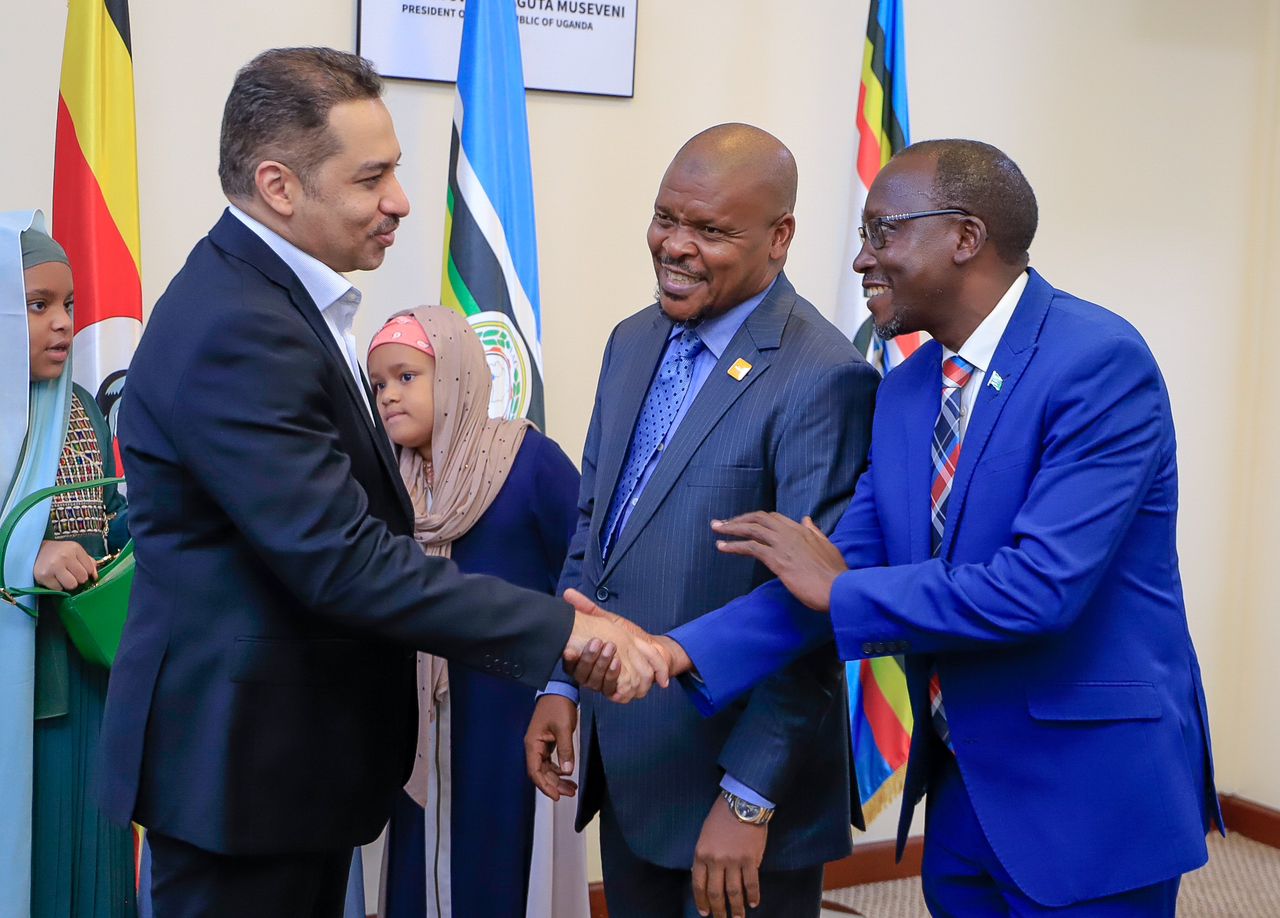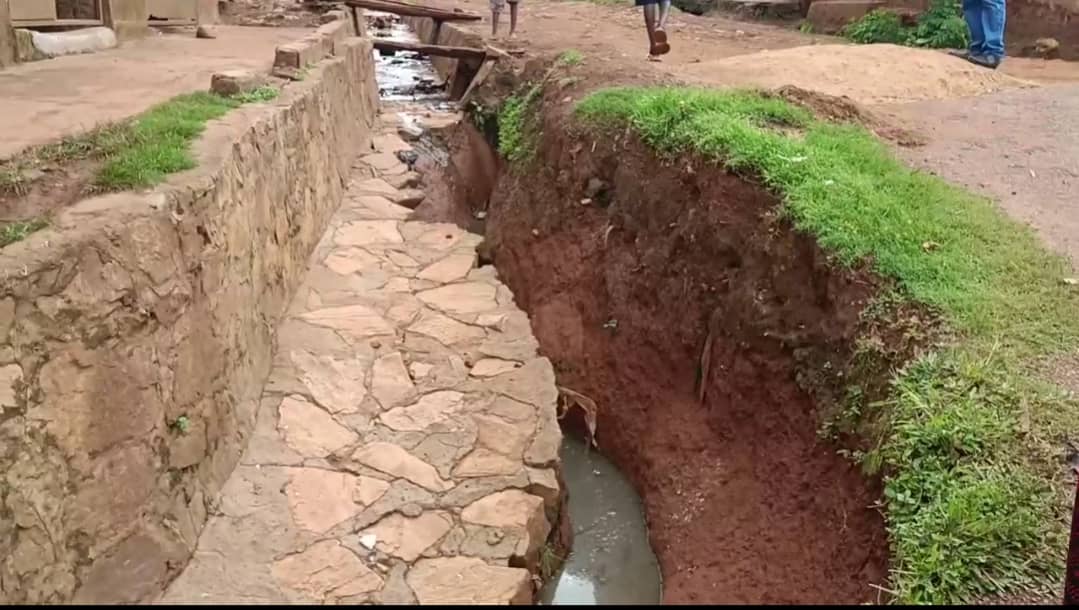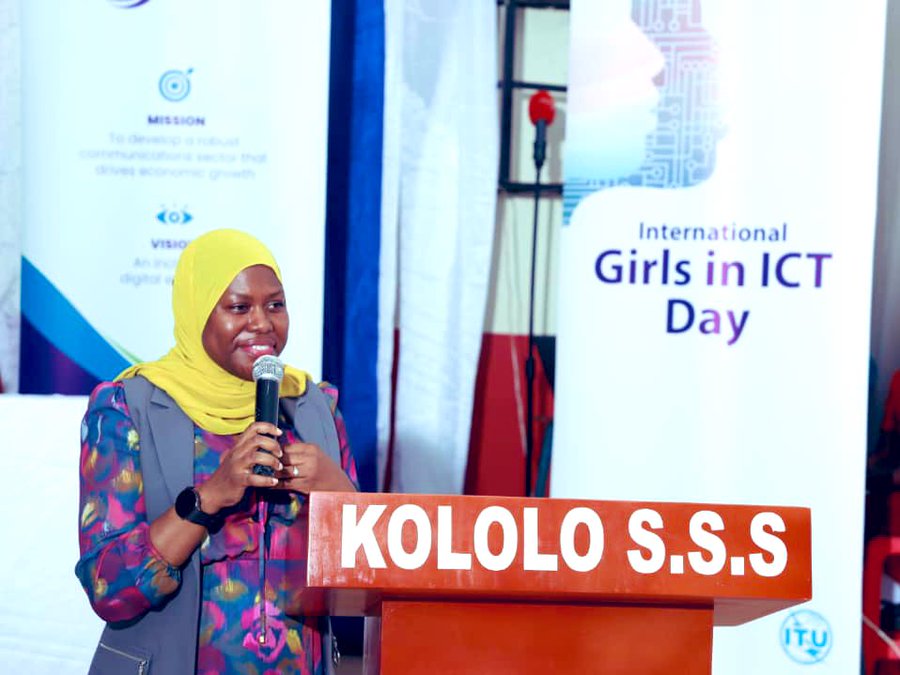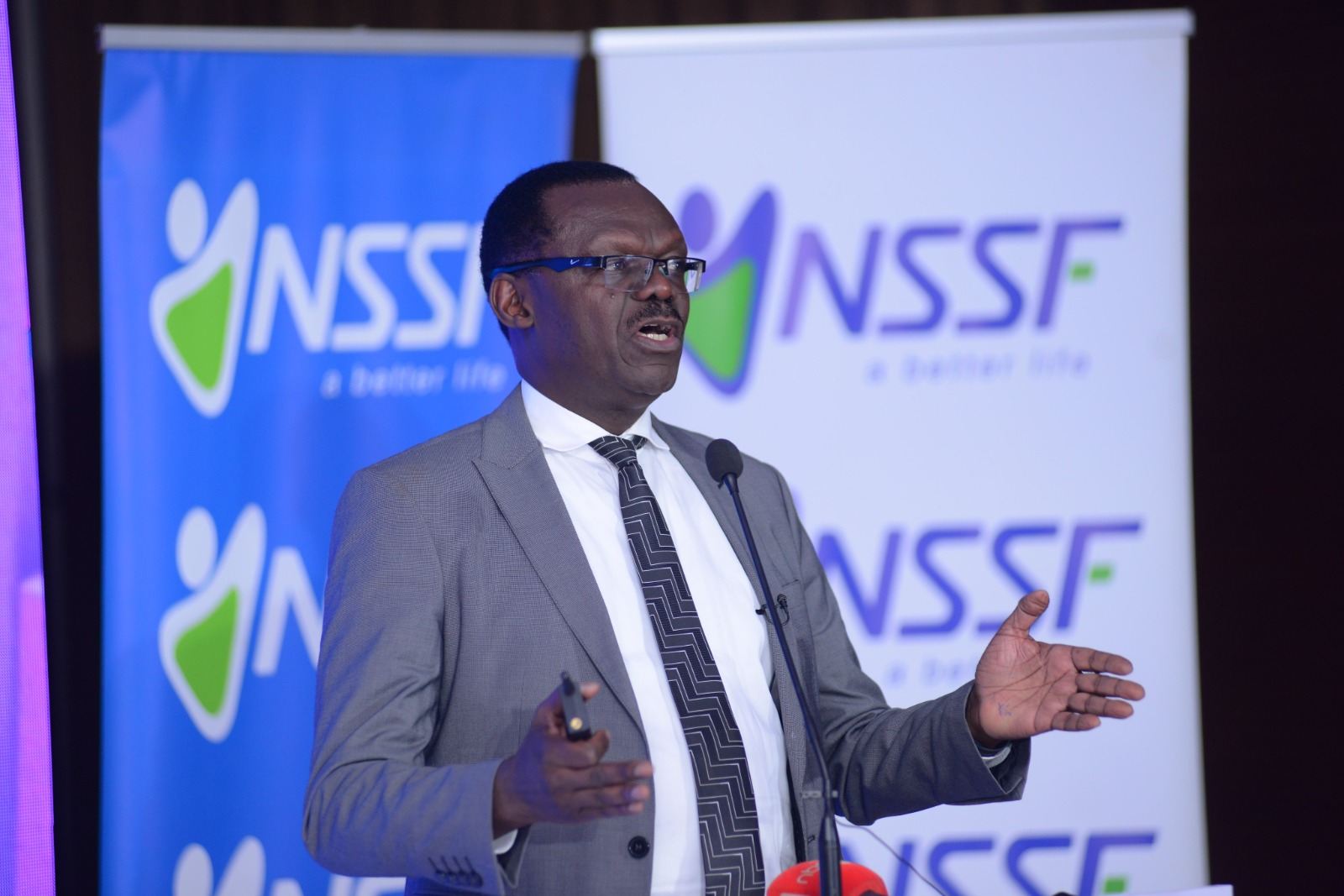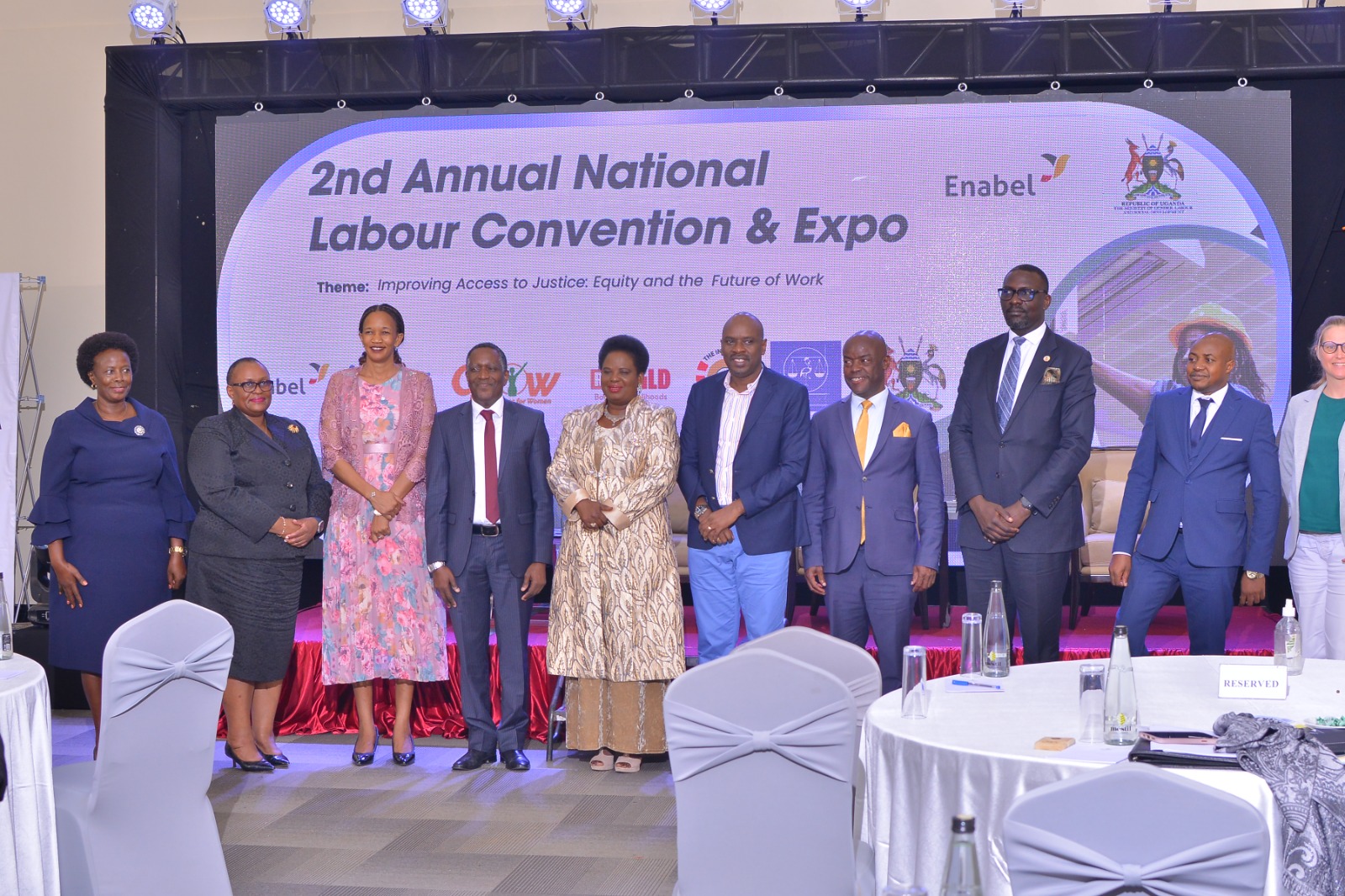OPINION: Food, not fuel prices, maybe Uganda's next crisis and we can't ignore it this time
“Akasana okawulidde?” I have been asked everywhere I turn this week.
I have not had to answer, mopping my sweaty brow with a handkerchief, looking for my water bottle. March was hot and April is not promising to let up either though we are just a week in.
Keep Reading
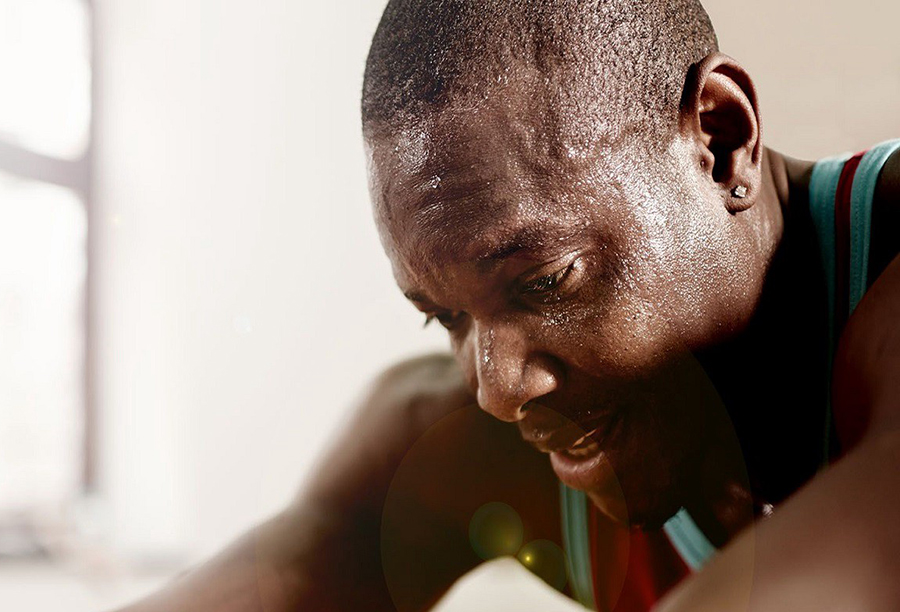 Sweating
Sweating
March to May is supposed to be the first rainy season of the year in Uganda. Uganda National Meteorological Authority had anticipated as much, calling on farmers across the country to prepare their gardens. There wasn’t that much rain in March though. April is here with nothing but a sprinkling of drizzles at least in central Uganda.
Meanwhile food prices have been steadily rising. A March 10, 2022 mini survey by The Daily Monitor found that some goods like a bunch of matooke had shot up from shs 15,000 a bunch in 2021 to shs 40,000! A kilogramme of rice that cost shs 3,000 last year now goes for between shs 4,500 and shs 5,000. The humble Maize Flour that is used to make posho, a staple meal in schools, has jumped from an affordable shs 1,500 to shs 3,000. These are prices before the country is hit by a shortage of food this year’s dry spell warns us maybe on the way.
For now, traders blame the high food prices on the cost of fuel whose price climb started just before the outbreak of the Covid pandemic in December 2019 and has never stopped. East Africa’s food basket may find itself starving this year. Or at least sections of the population that will not be able to afford the high food prices.
The fuel price maybe high but we have not run short of fuel like our neighbour Kenya has. Motorists have struggled to fill up their car tanks in the North Rift of Kenya where the country’s Energy and Petroleum Regulatory Authority (Epra)has acknowledged there is a shortage.
If you neighbour’s house is on fire, you are not safe. Sadly, the Ugandan government which chose silence after some murmurs over the high prices remains resolutely mute. Just like we bumbled our way back to school with no plan for how children could catch up the lost years of education, we seem be hurtling towards a serious fuel crisis with no plan. At least none that has been shared publicly and we know that the success of any government policy or plan in part depends on the cooperation of the public. We cannot run to a fire escape we were not told exists.
A friend of this columnist Daron Bartlett (@barlettdaron) turned 50 last week. He marked that achievement with a stunning studio portrait that shows off his dapper maturity in all its glory in red and gray with a rose carnation. Before newsrooms around the world and finally in Uganda were appealing to journalists to not be one trick ponies, Daron had long ago started pushing himself to explore all creative journalism platforms available.
Starting out as a writer, he has been a radio presenter, a TV presenter, content producer and podcaster. The last one often makes many Ugandans ask, “What’s that?” It’s like radio but with a host you do choose to listen to or not. Daron has done it too but it is his latest venture, a weekly newsletter, that interests me.
As journalism struggles to stay relevant and profitable, newsletters is one of the avenues being explored by journalists to earn a living while able to still carry out socially impactful journalism. You can subscribe to Daron’s newsletter through his twitter handle. I find his pioneering attempt a heartening hope that Ugandan creators and especially journalists may yet make a breakthrough to the international scene.
Daron is not the only one bravely venturing into realms the vast majority of people remain unaware exist. A much younger journalist called Tabitha Agaba (@tabitha_agaba) is on the same rail track with her substack publication: The Dark Global Matters. Working away in silence and relative anonymity, Agaba is slowly putting together important dossiers of information on how Ugandan and African resources are often funnelled out of the country and continent.
Her substack: The Dark Global Matters is one to follow if you are curious about movement of money and resources on the continent and the world. Important work the harried journalist with daily deadlines often does not have time to patiently piece together from reading piles of documents. In their spaces away from the limelight, there are lots of Ugandans working to positively contribute to national life.
All of Kigezi should know his name just as Miha Logar knows her. But all in good time. For more than a decade through Gorilla Highlands, Miha has been shouting from the top of Kigezi’s hills to European capitals that he found heaven in this corner of the world. Come see it too. Not just Kigezi lakes, rivers, mountains but the hardy race of Bakiga and the culture that sustain them. It is really extraordinary!
The colonial borders, like the wildlife Miha adores, do not stop him in wandering all over Kigezi and taking troupes of people with him. This year will be extra special. But you have to visit Gorilla Highlands to find out. Believe me, it is worth your click.



